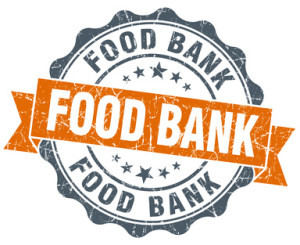In 2009, the US Congress waived the work requirements as part of the stimulus package passed under the law known as the 2009 American Recovery and Reinvestment Act. The stimulus package, and its waiver, expired in 2015. As a consequence, non-disabled, childless Hoosiers, from age 18 to 49 have been receiving letters from the Indiana Family and Social Services Administration informing them that their food stamp benefits are now limited to 3 months in a 36 month period. This is a huge change for the folks who have been receiving food stamps since Indiana suspended the work requirement in 2009.
What happens to those Hoosiers, from age 18 to 49 who have applied for Social Security Disability, have been turned down, and are waiting for an appeal hearing? The Welfare Reform law is meant to limit the availability of food stamps for young “abled bodied” adults. Congress wrote into the Welfare Reform law that a disabled young adult is not an able bodied person and therefore not subject to the food stamp limitation of 3 months in a 36 month period. However, to be a disabled young adult is to be actually receiving federal disability benefits. A disabled young adult does not mean a person who is disabled and in the process of fighting for benefits.
Indiana authorities estimate that about 50,000 Hoosiers will receive termination letters on account of the law change. What is not known is how many of the 50,000 are disabled but have not yet won their cases. Indiana food banks will be utilized by the disabled young adults who are in the process of fighting for their benefits. What makes this law change even more difficult for the disabled young adults who are waiting for an appeal is that the time for an appeal is sometimes more than 2 years.
The Social Security Administration has an agency rule which permits a disability appeal case to be considered “critical.” This process is found under HALLEX I-2-1-40. Once a case is considered “critical” that case is entitled to special processing. Special processing means that if a hearing is needed, the hearing will be set on a priority basis. The HALLEX reads that if: “the claimant is without food as is unable to obtain it,” then the case will be considered “critical.”
This brings us back to the issue of whether mere availability of a food bank in the local community is considered sufficient for a disabled young person to be able to obtain food and therefore be required to endure the long wait time for a hearing. Perhaps the law should be that if a disabled young person is in the process of filing an appeal for disability then the food stamps should continue without treating him or her like an able bodied person.
 Indiana Social Security Disability Attorney Blog
Indiana Social Security Disability Attorney Blog










